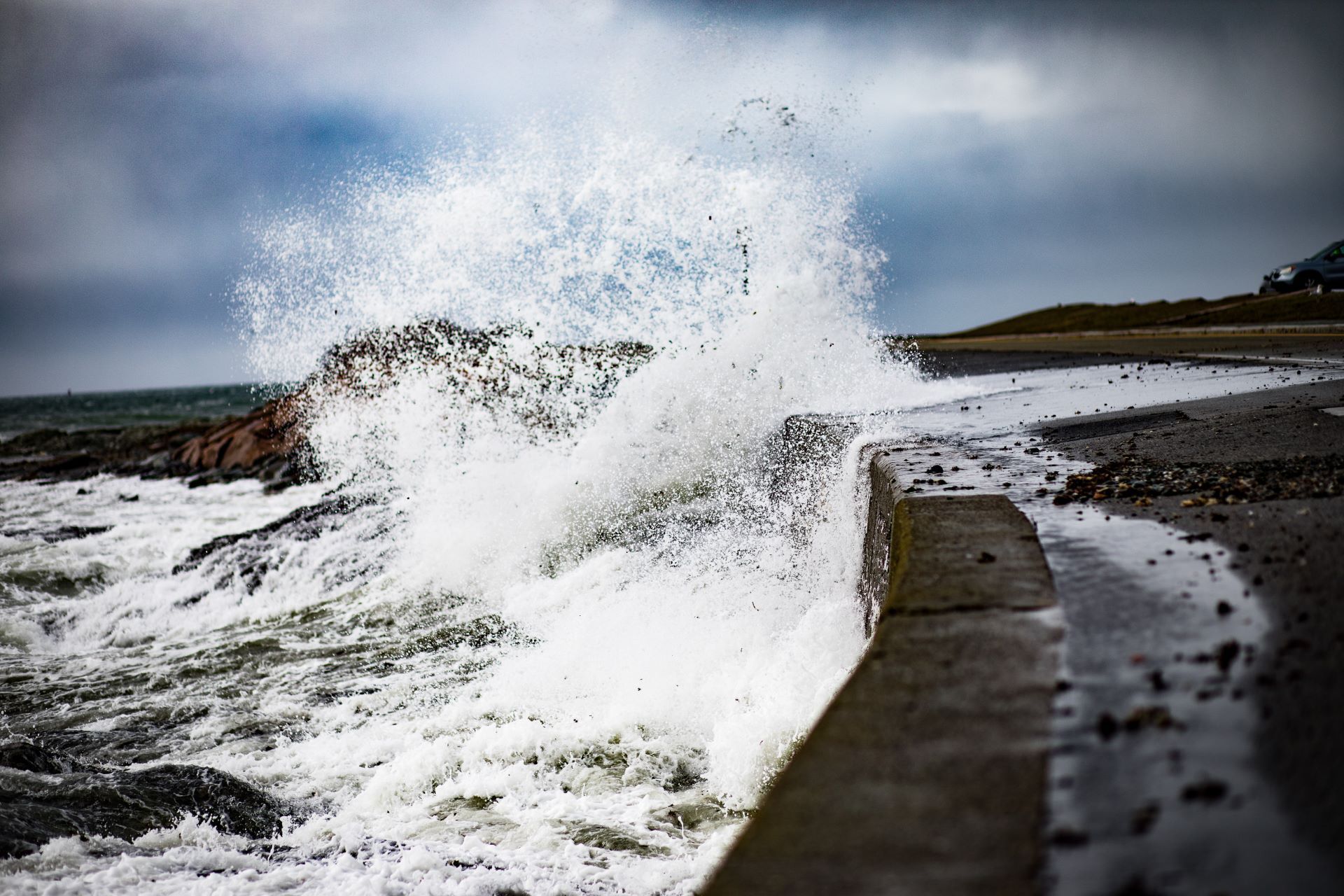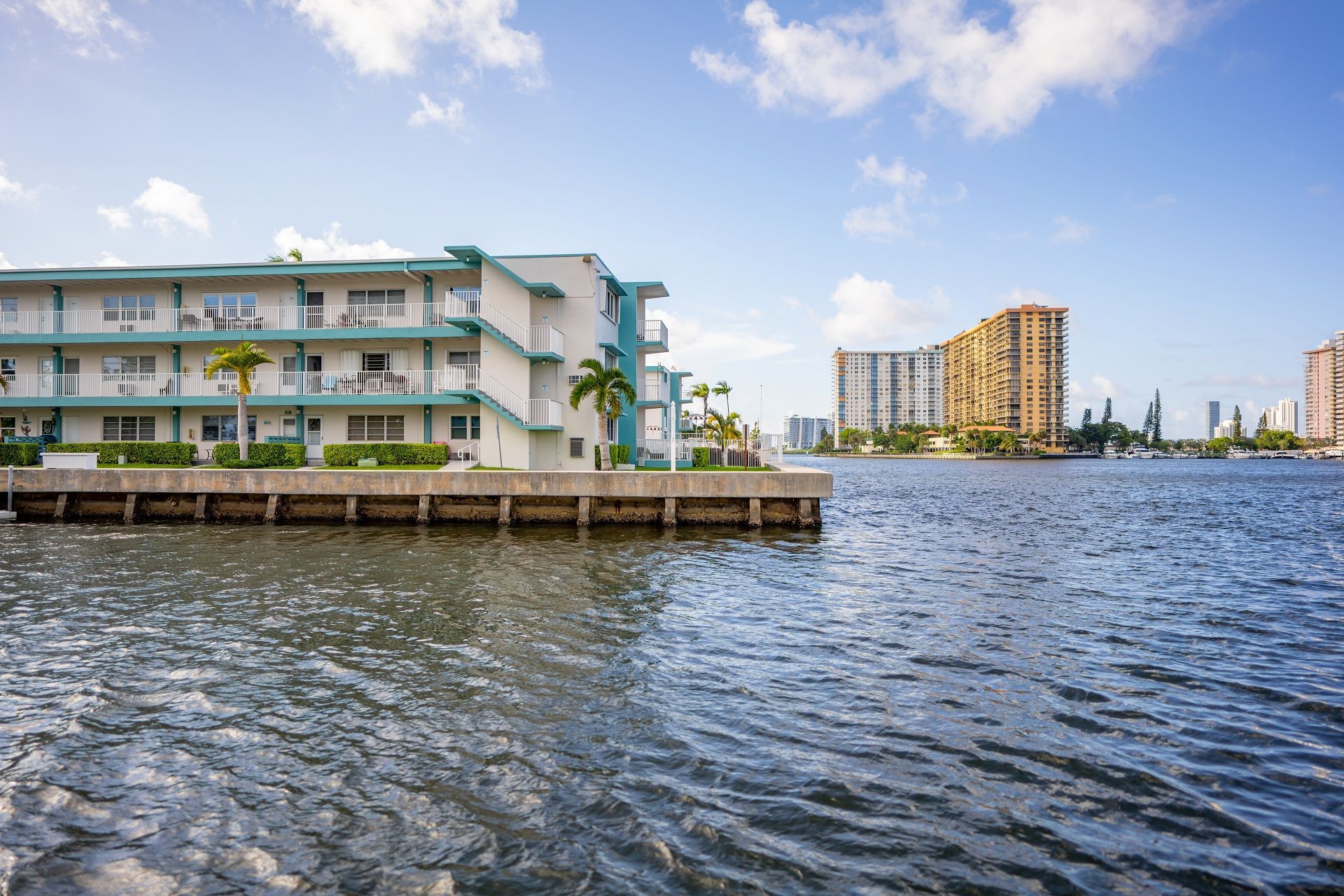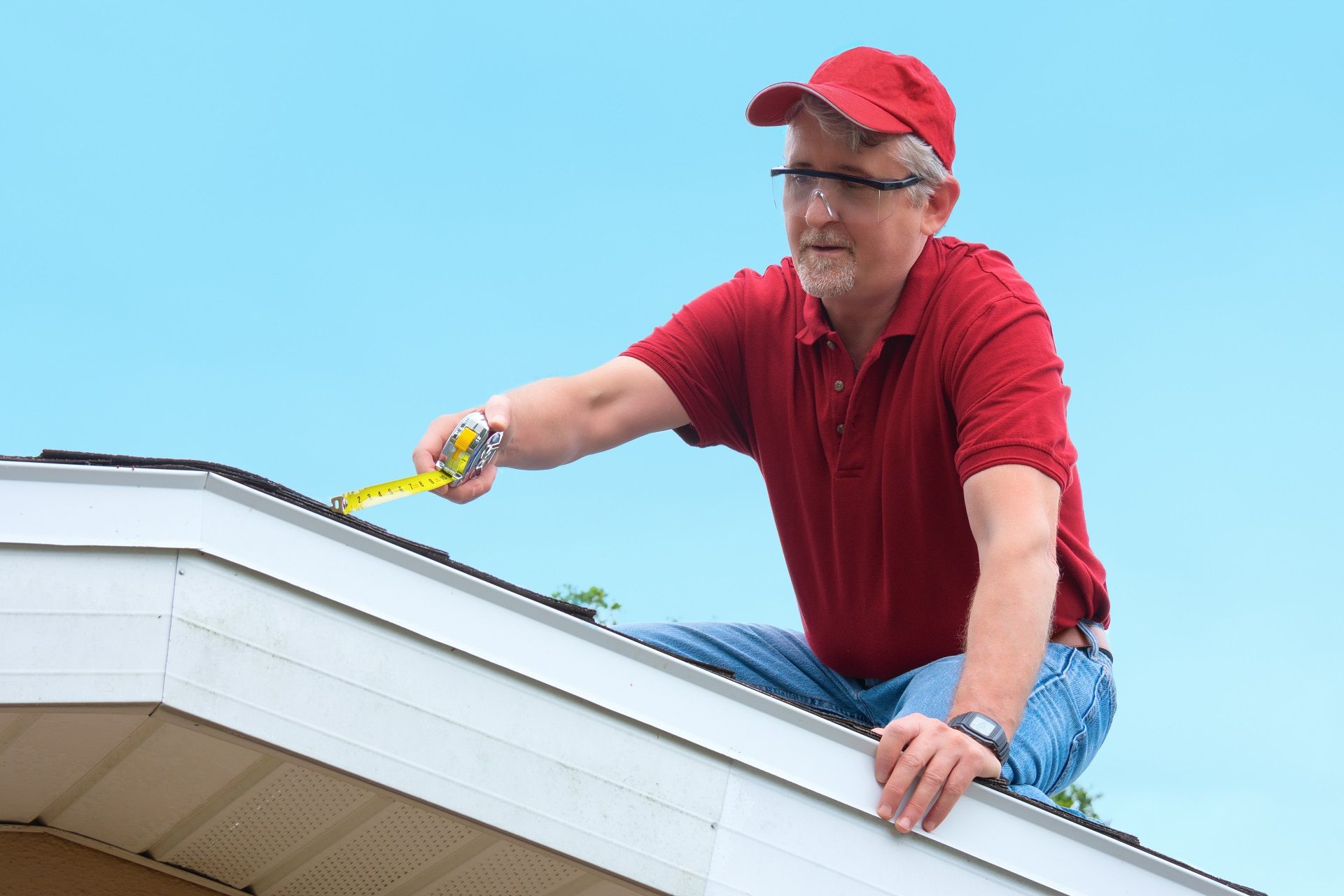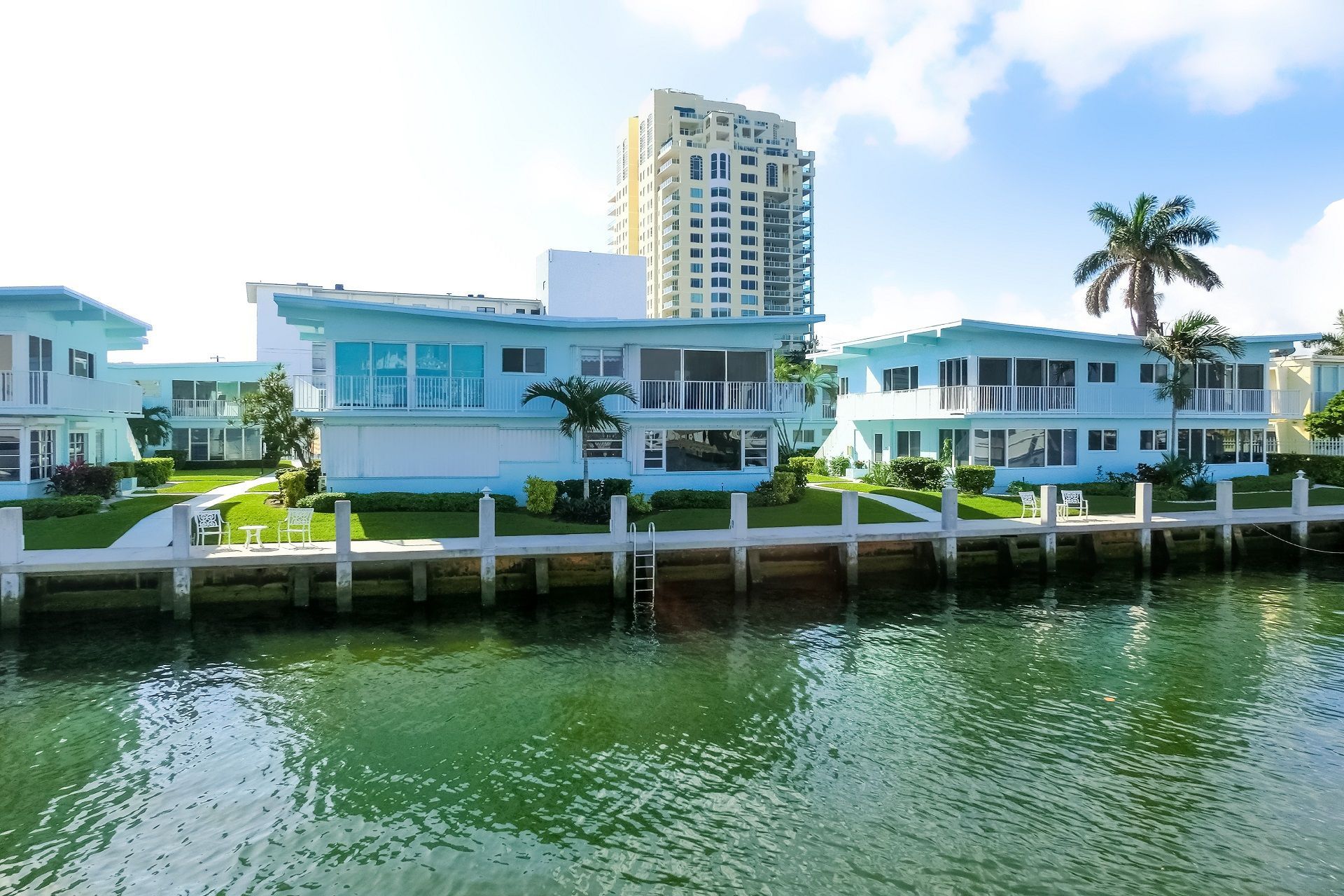What Are Seawall & Why Are Seawall inspection important
With summer fast approaching, it’s the right time to think about your seawall, especially if you own an older property. The sad reality is that without proper maintenance, your seawall may be approaching the end of its lifespan without you even knowing.
This is why a
seawall inspection is necessary if you want to keep your waterfront estate safe for many years to come.
Continue reading and learn a bit more about the necessity of this checkup and how you can extend the lifespan of your property with seawall maintenance.
What’s The Role Of A Seawall?
Seawalls, as you know, are sloping structures on waterfront properties that act as a barrier between your real estate and shore. They’re not just a visual feature - a seawall protects against ocean waters as it keeps them from penetrating the land where they can cause all sorts of damage. Additionally, a seawall also safeguards the land from erosion and stops the water from drastically changing the appearance of the property.
Older seawalls are very vulnerable, particularly if regular seawall maintenance was ignored or done poorly by previous owners.
Fortunately, a seawall inspection will help you determine the condition of the wall and figure out the best path moving forward. For instance, the seawall may be damaged beyond repair or have damage that can be easily repaired. Regardless of the condition, you’ll be able to make informed decisions while taking into account the estimated remaining service life.
How Do Seawall Inspections Work?
When compared to other types of inspections, examining a seawall is no easy feat as it typically requires specialized tools, more so in case a large part of the seawall is underwater.
A seawall inspection generally involves evaluating:
- Structural integrity
- Composition
- Toe level
- Table levels
- Crest level
- Beach scour
- Wave overtopping
The visual part starts on the land, from where inspectors will work their way down the wall below the waterline.
Nonetheless, a visual inspection usually isn’t enough to get the full picture of the condition of the seawall. This is why it’s necessary to use advanced equipment such as ultrasonic sensors as it helps determine the thickness of the wall. Just like the visual portion, ultrasonic imaging also starts on the land level and extends below the waterline.
If needed, inspectors may also employ acoustic imaging to discover any structural damage.
Once the inspection is completed, you will receive a detailed report that outlines all the findings, along with recommendations for future repairs and seawall maintenance practices. In the event your seawall has to be replaced, most inspection companies also offer advice regarding the best (and most financially viable) option.
It’s worth noting that no seawall is the same and each one has a different shape, size, and configuration. This is why every inspection will be different and can’t be described in detail. Feel free to get in touch with Certified Inspectors for specifics - send us the specs of your seawall and we’ll be able to provide more information.
Why Are Seawall Inspections So Important?
If you’ve ever lived in Florida, even for a short while, you’re most likely aware of how challenging the environment can be. This is even worse for those living near the coast.
Since a seawall is a barrier between your property and water, it’s under constant barrage by the elements. As such, it requires ongoing monitoring.
This is the first and foremost reason why it’s recommended you schedule an inspection annually. That way, we can closely monitor the condition and changes in the seawall so potential problems can be spotted early and resolved before they get too costly to address.
When you consider that constructing a brand new seawall costs around $1000 per foot, the price of seawall maintenance and inspection is almost negligent.
How To Know If You Should Schedule An Inspection
Routine seawall inspections are a large part of preventative maintenance which minimizes the chances of the seawall structure collapsing, leaving you with a hefty repair bill in the process.
However, a broken seawall can also pose a significant danger to all structures surrounding it. It’s the main reason why you shouldn’t skimp on the relatively low price of a detailed assessment.
Beyond the annual checkup, you should also give your seawall some attention after any runoff event, such as flooding or a storm (which are both quite common in Florida).
You can also keep an eye out for any changes yourself in the meantime. For example, if you have a steel seawall, you can scan it for signs of cracks, corrosion, or leaks. With a rip rap seawall, you can keep track of any dislodged stones, while with an outcropping one, you should pay attention to any separation of the joints between the slabs.
Furthermore, certain signs point to an urgent inspection. For instance, any bowing, sagging, or dipping with a steel seawall is a dead giveaway that it could come down at any moment, so you’ll need professional help to figure out the best way to remediate the issue.
The same thing applies to any indentations, holes, or pits near the seawall itself. These are normally a sign that there is a breach in the wall, which is letting the soil draw into the water and vice versa.
Start Taking Care Of Business Now - Call Certified Inspectors
A seawall is complex and expensive structure, and you have to treat it as such. Regular inspections will help you increase its longevity and save a noticeable amount of money on any future repairs.
When it comes to the inspector you choose, keep in mind that you get what you pay for, so never settle for less. Examining a seawall is not as simple as your regular
home inspection, so only work with those who have a proven track record with such structures.
If you want the best,
Certified Inspectors is the way to go. We possess the expertise, certifications, and experience, as well as all the necessary technology to check every inch of your seawall and help you gain insights into its true condition.
Reach us by calling
(561) 570-6311 or hit us with an
email and we’ll be happy to contribute to the condition of your seawall.
Share the post:
Recent Posts

What is the Difference Between a Residential Seawall Inspection and a Commercial Seawall Inspection?
Get A Free Quote
Contact Page Contact Form
We will get back to you as soon as possible.
Please try again later.
Reviews
Contact Us
Footer Contact Form
We will get back to you as soon as possible.
Please try again later.
We accept Visa, Master Card, American Express, Zelle, Paypal, Cash or Check as well.
Call: 561-570-6311
All Rights Reserved.
This website is managed by Oamii.





